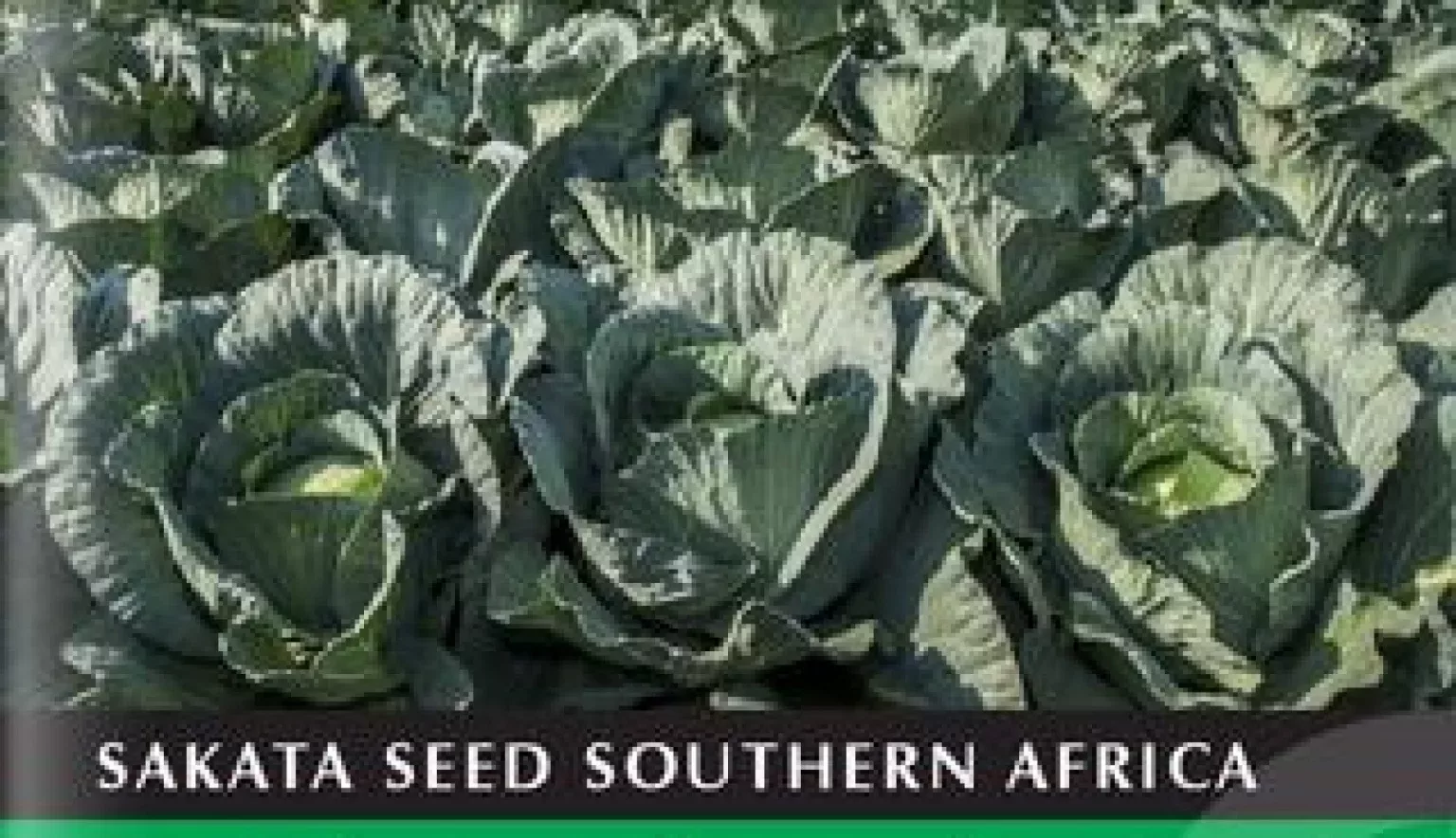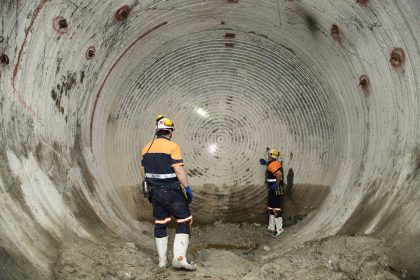Sakata Seed Southern Africa has grown tremendously over the past few years in making the horticultural seed market its own in the region in recent years, as it leverages more than 100 years of global experience while ensuring that it modernises to remain the most innovative regional player in the years to come.
QUALITY, RELIABILITY AND SERVICE
As one of the largest horticultural seed Groups in the world, Sakata’s history is extensive to say the least, but its 1999 acquisition of MayFord Seeds has arguably been the turning point in Southern Africa for a business which has gone from strength to strength.
Supply Chain Director, Susan Allen explains: “Founded in 1931, MayFord Seeds was one of the oldest vegetable seed suppliers in South Africa. As a four generation family business, the Company developed a diverse portfolio including seed production, hobby packet seed, professional vegetable, turf and flower seed, vegetable breeding programmes and specialised products for the home garden industry.
“In the late 1960s MayFord became the sole distributor of Sakata’s products in South Africa and in December, 1999, Sakata acquired MayFord Seeds.”
The subsequent combination has been a formidable one within the sector, amalgamating Sakata’s reputation for its commercial vegetable and flower seed with MayFord’s prowess in the hobby market, as well as the business’s professional turf and rehabilitation grasses.
The growth of the business that has been enjoyed in the ensuing years has been so extensive that a new state-of-the art warehouse is just around the corner, symbolising the potential that Sakata Seed Southern Africa has looking forward.
Allen continues: “Our current warehouse was built almost 30 years ago and it cannot accommodate the increased storage requirement associated with the growth of the Company.
“We previously had to rent premises in order to accommodate the excess stock, and one of the major benefits of our new warehouse – which will be finished by October 2015 – is that we will consolidate the vast majority of our stock holding in the new warehouse where storage conditions are optimal.
“From a management point of view it will be more efficient having everyone at one location.”
STRATEGIC MANAGEMENT
This flexible approach to continuous improvement and strategic expansion is indicative of the Sakata name, a brand headed up in Japan and comprising various regional operations; Southern Africa fitting under the EMEA region and reporting to the Head Office based in France.
From a product and service perspective, the Company’s core offering comprises vegetables and flowers for commercial farmers, as well as seed packets – vegetables, flowers, herbs and grass – for the hobby market and a range of grasses for the professional turf market alongside veld rehabilitation
“Our emphasis in Southern Africa reflects market potential and the emphasis is therefore high on vegetables and much lower on flowers” Allen notes in regards to the region’s niche requirements. “We also do more in the areas of grass than most other Sakata entities. Other than Sakata Japan we are the only entity that supplies the hobby market with our packet range still branded as MayFord.”
While the product range is customised to suit local requirements, the quality of the products supplied meets and even surpasses global expectations; aiming to keep the business ahead of the industry curve at all times.
Sakata is also concerned about staff safety and comfort, with a newly installed hydronic underfloor heating system epitomising this ethos in enhancing levels of comfort and efficiency on the factory floor. Meanwhile, environmental concerns are also of paramount importance.
Allen says: “Our premises are located within the Cradle of Humankind which is a world heritage site, and with the new warehouse in view, Sakata has made every effort to work within strategic environmental management plan guidelines by making use of an archaeological impact assessment, an environmental impact assessment as well as a visual impact assessment.
“Our aims were to make the most efficient use of the built footprint, building into the surrounding landscape to make it as unobtrusive as possible.”
FAST, EFFICIENT AND TRACEABLE
As a result of this adherence to local concerns and eco demands, Sakata has also incorporated a new Biobox sewerage treatment system and is also harvesting and storing rainwater within a floodwater attenuation pond; utilising the water for irrigation purposes to alleviate the pressure on borehole water.
A dedication to sustainability and efficiency is seen throughout Sakata’s product range, tailoring each product to local consumption and farming trends.
“The Southern African head office is located in South Africa where we have approximately 20 percent market share and it is where we trade from into the rest of Africa,” Susan Allen continues. “We have always traded regionally, mainly in the SADC region, but have also had a physical representation in Kenya for the past few years.”
Geographic expansion enables the Company to move closer to its key customers on the continent; a pivotal facet of Sakata’s overall supply chain management strategy which is committed to being as fast, efficient and traceable as possible.
“The Sakata group maximises efficiency of seed production by determining which locations are best suited for the production of different species and varieties,” Allen adds. “Seed is then shipped throughout the world. Phytosanitary regulations differ from country to country and are managed accordingly.
“Sakata as part of the global seed industry has always been concerned with the tractability of seed lots long before it became the global norm to do so. The lot numbering system has been in existence long before it became the global norm for all industries to do so. ”
SELLING A PROMISE
While the capital expenditures, warehouse introduction, geographic expansion and supply chain enhancements are all setting Sakata up perfectly for the next stage of its comprehensive evolution, the end goal and mission revolves far more around how the Company’s customers benefit from these improvements.
Allen affirms: “Sakata Seed maintains a focus on quality, reliability and service to our customers. We sell a promise so trust is a key element to the business.
“What sets us apart is our innovation through improved products, where Sakata breeders focus on yield, disease resistance, and the quality of the product in terms of flavour, nutritional content, shelf life and aesthetics.”
These staple principles are sure to set the tone for the next 100 years of development, with the Company already earmarking a series of short, medium and long-term goals to fully capitalise on the new warehouse facility, and the well-established kudos that its longevity has secured.
Allen concludes: “We are looking to achieve greater penetration into the sub-Saharan market and we would like to improve products available to sub-Saharan African consumers in terms of nutritional value and yield potential.
“We would also like to see an increase in the number of successful farmers, with previously disadvantaged farmers increasingly contributing to the social fabric of Southern Africa.”






























